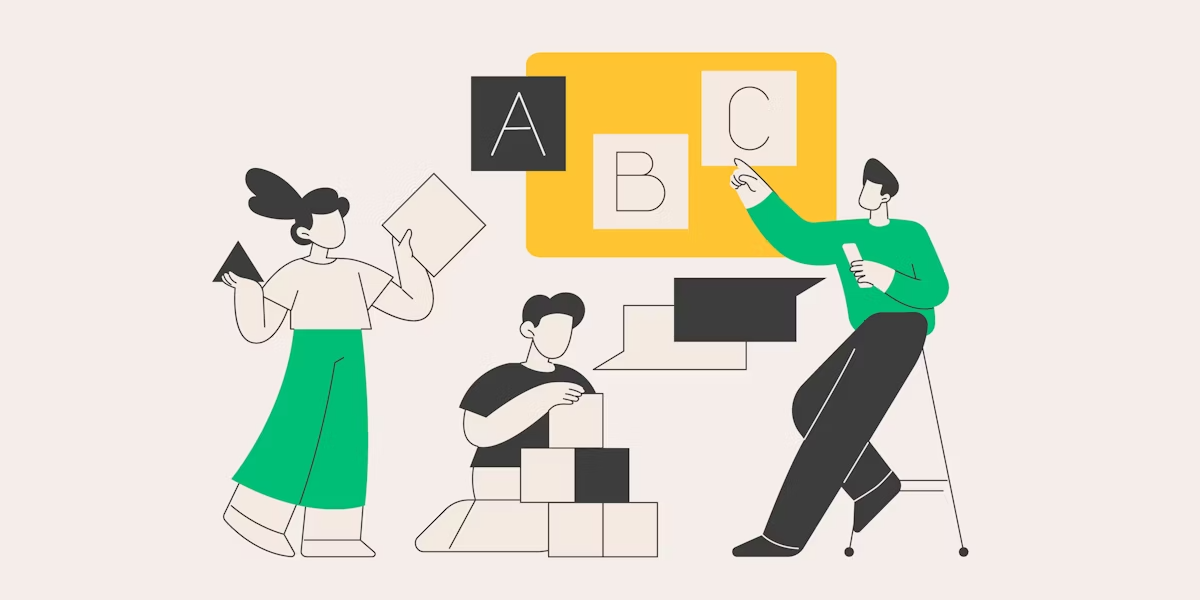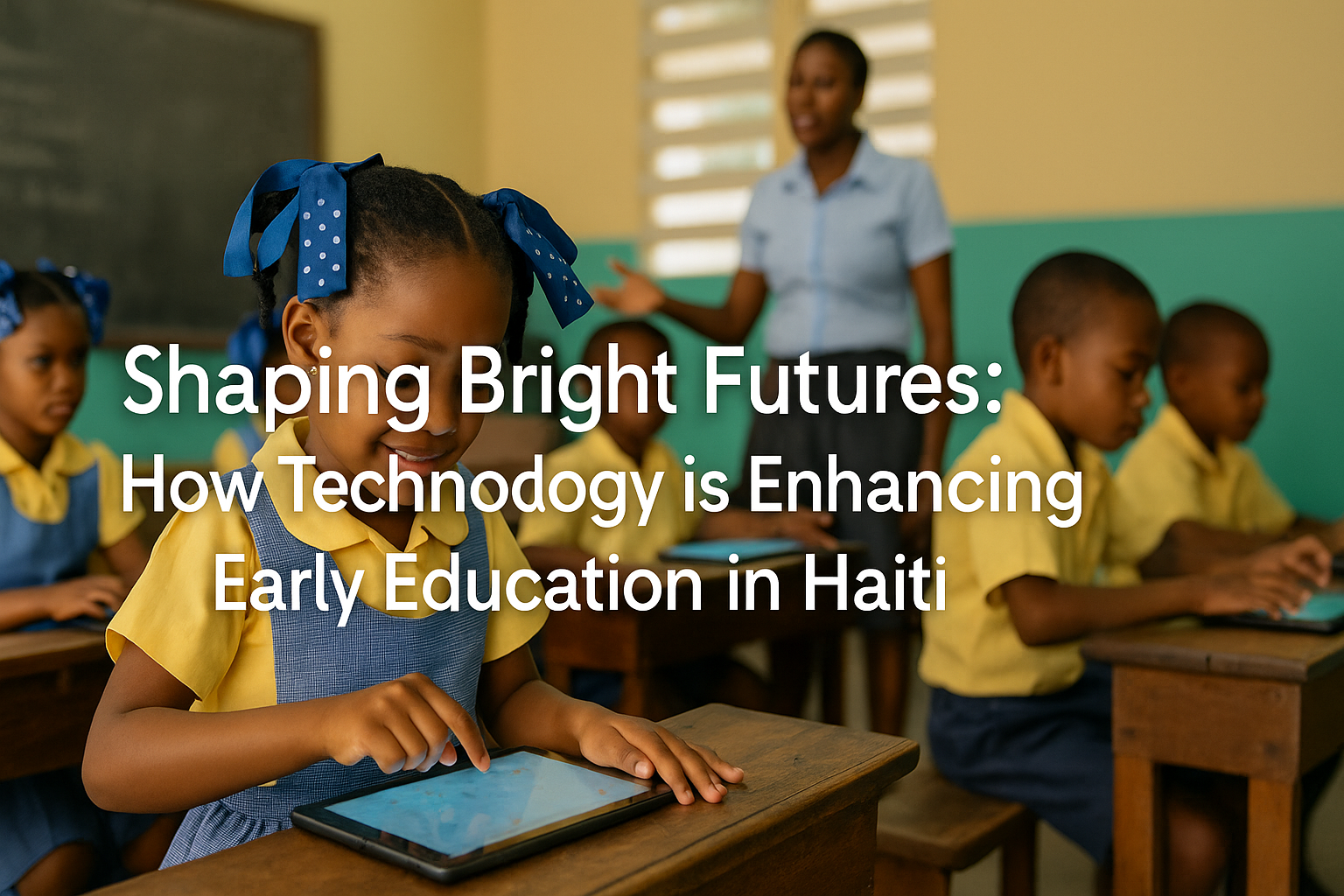In Haiti, a country known for its resilience, heritage, and spirit, language plays a powerful role in education and opportunity. Traditionally bilingual with Haitian Creole and French, Haiti is now increasingly incorporating English into its classrooms. This trilingual approach is not just a curriculum trend—it’s a movement to prepare Haitian students for the global stage.
As the world grows more interconnected, mastering multiple languages offers Haitian students the key to academic achievement, cultural pride, and international careers.
The Linguistic Landscape of Haiti
Haiti recognizes Haitian Creole and French as its two official languages. Haitian Creole is spoken by nearly the entire population, while French is used in government, media, and schools. However, most children grow up speaking only Creole at home, creating a gap when instruction begins in French.
Now, with the addition of English as a third language, Haitian schools are shifting toward a more inclusive and globally relevant education model.
Why Bilingual and Trilingual Education Matters
1. Builds Strong Foundations through Haitian Creole
Educating children in their mother tongue—Haitian Creole—has been proven to improve comprehension, engagement, and academic outcomes. Using Creole in early education builds confidence and enables a smoother transition to other languages.
2. French as a Bridge Language
French remains essential in Haiti’s educational, legal, and diplomatic spheres. Mastery of French enables students to pursue higher education, particularly in Francophone countries, and to navigate national institutions effectively.
3. English: The Language of Global Connection
Introducing English provides Haitian students with broader access to international universities, digital resources, and global careers. As English remains the dominant language in technology, science, and commerce, its inclusion ensures that Haitian learners aren’t left behind in the global race.
Government and NGO Efforts for Trilingual Education
Several organizations and initiatives are advocating for this multilingual approach:
-
FOKAL and UNESCO continue supporting Creole literacy and teacher training.
-
USAID has introduced English language development programs in rural schools.
-
Private and international schools are adopting English as a core subject, from primary levels onward.
-
EdTech platforms are creating trilingual content to make language learning interactive and accessible.
Benefits of Trilingual Education in Haiti
✅ Increases Access to Global Education
Students proficient in French and English can apply for scholarships and attend universities in the U.S., Canada, Europe, and Africa.
✅ Boosts Employment and Career Opportunities
Proficiency in English and French increases employability in tourism, diplomacy, call centers, translation services, international NGOs, and remote global jobs.
✅ Promotes Social Equity
By using Haitian Creole in foundational years and gradually introducing French and English, students from all backgrounds are given equal opportunities to excel.
The Role of Technology in Language Learning
Digital tools and mobile platforms are playing a vital role in this trilingual transition. Educational apps, YouTube channels, and e-learning systems now offer lessons in Creole, French, and English. These tools:
-
Make language learning fun and accessible
-
Help overcome teacher shortages
-
Allow self-paced learning, even in remote areas
Challenges and Roadblocks
While the vision is clear, implementing trilingual education in Haiti faces challenges:
-
Shortage of qualified teachers fluent in all three languages
-
Lack of Creole-based teaching materials for all subjects
-
Perception of Creole as “less academic” than French or English
-
Funding limitations for curriculum development and training
The Road Ahead: Building a Global Generation
To truly unlock Haiti’s potential, its students must be rooted in their identity and fluent in the world’s languages. A system that celebrates Creole, strengthens French, and embraces English will create generations of confident, capable, and globally competitive Haitians.
From the local classroom to the international arena, language is the bridge—and Haiti is learning to walk it in three powerful steps.
Conclusion
Bilingual and trilingual education in Haiti is not just about words—it’s about opening minds and doors. By nurturing fluency in Haitian Creole, French, and English, Haiti is investing in an education system that honors its roots while preparing its youth for a borderless future.
“GLIS believes in making quality education accessible to all. We offer merit-based and need-based scholarships to eligible students. For more details on scholarship opportunities, parents can reach out to our admissions office.”
Joining Over 500 Students with gLIS For their Education
Become Part of GLIS for endless future








